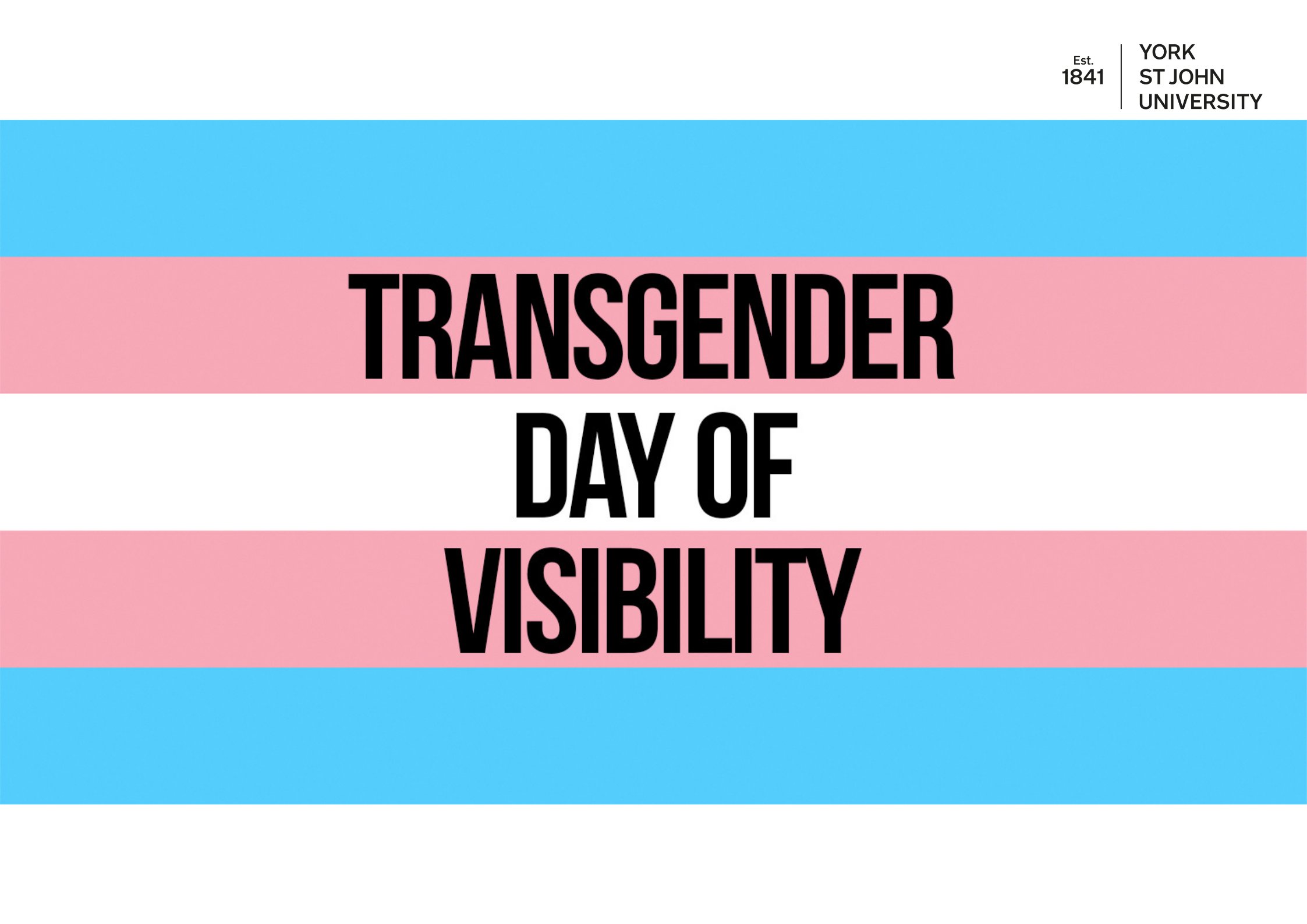In 1999 the novelist Russell Banks stopped at a small library in St Cloud, Florida. A hurricane had recently ripped through and the library was giving away waterlogged boxes of books. In one of those boxes Banks discovered some reel-to-reel tapes. He took them home and, when he started listening, he realized that he had found something astonishing: the oral autobiography of a Florida developer named Harley Mann, eighty-one years old at the time of recording in 1971. Harley’s audio memoir mainly concerned his youth at New Bethany, a now defunct Floridian colony of Shakers, a Christian sect that originated in England. Banks transcribed and edited the tapes into this book, which takes the form of a continuous first-person chronicle of Harley’s years in the lost Shaker paradise.
Such is the fictional framing device of The Magic Kingdom, which carries a poignant real-life parallel with the circumstances of the novel’s publication. The Magic Kingdom also contains a ghost, Banks having died in January at the age of eighty-two. The author of fourteen novels, most notably Continental Drift (1985), Affliction (1989) and The Sweet Hereafter (1991), Banks tuned his straightforward, understated style to a sharp focus on the hidden lives of everyday Americans, exploring the grandest themes through the most modest characters.
The Magic Kingdom is no exception. Retired from a successful career in real estate, Harley reflects on his time at New Bethany, hinting at his responsibility for the eventual demise of the Shaker colony. His family – comprising a mother, a sister, a twin brother and another set of twin boys – lived in a utopian society of Ruskinites (named after John Ruskin) before an ideological schism, followed by the death of Harley’s father, put them on the outside of the community and plunged them into indentured servitude on a nearby plantation. After escaping that hell they made their way to New Bethany, at the headwaters of the Florida Everglades, drawn back to a society organized outside the confines of American capitalism. Although Harley and his twin aren’t religious, the Shakers need the Manns, for this austere sect abhors sex, even in marriage, promoting celibacy alongside gender equality. Without converts, in other words, their society will go extinct.
Harley finds a mentor in Elder John Bennett, one of the spiritual leaders of New Bethany, and works at the colony’s apiary, stewarding the model utopias of bees. The genesis of his trouble is Sadie Pratt, a young woman who is also not a Shaker, but whose terminal tuberculosis has made her something of a charity case to Elder John and the others. Sadie is twenty-four to Harley’s seventeen; they fall in love and begin a sexual affair, the ultimate transgression in Shaker society. Perhaps the older Harley’s hints about how his love for Sadie brought ruin on the colony are in some way linked to the young Harley’s jealousy towards Elder John, who is drawing ever closer to Sadie. Certainly, there is something incompatible about utopia and the kind of possessiveness Harley feels towards his lover.
We learn that, over the course of his career as a developer, Harley ended up purchasing all 7,000 acres of the derelict New Bethany before selling them to Disney, which opened Disney World there in 1971 (the author plays fast and loose with the facts here). It is the grand opening of this crass amusement park that has prompted Harley’s tape-recorded confession, for he realizes that his story is bigger than Sadie or him. “The two are connected”, he says, “the fall of New Bethany and the rise of Disney’s Magic Kingdom.” As the utopian ideal recedes into history, it is suggested, the horizons of our imaginations have shrunk, and we can see nothing beyond the status quo of a rapacious marketplace and its attendant degradations of the natural world. Although many of us would find Shaker strictures unreasonable, their optimism – their belief that a new way of life is possible – seems all too rare in the twisted paradise of American capitalism, in which a benevolent saviour can be replaced by Mickey Mouse.
Harley’s narrative is relayed in a sturdy, unobtrusive style that at times could have benefited from a greater orality, as if the fictional Banks edited those fictional transcripts a little too smoothly. Even the dialogue of passion is courteous, undermining our sense of Harley as a young man “struggling to resolve unresolvable conflicts” in his roiling inner world. But the subtle magic of Russell Banks’s oeuvre is nonetheless apparent in this final novel, a small narrative, populated with more or less inconsequential figures, that opens up a vista on the American century.
Michael LaPointe has written for the Atlantic and the New Yorker. His debut novel, The Creep, was published in 2021
Browse the books from this week’s edition of the TLS at the TLS Shop
The post Other side of paradise appeared first on TLS.




